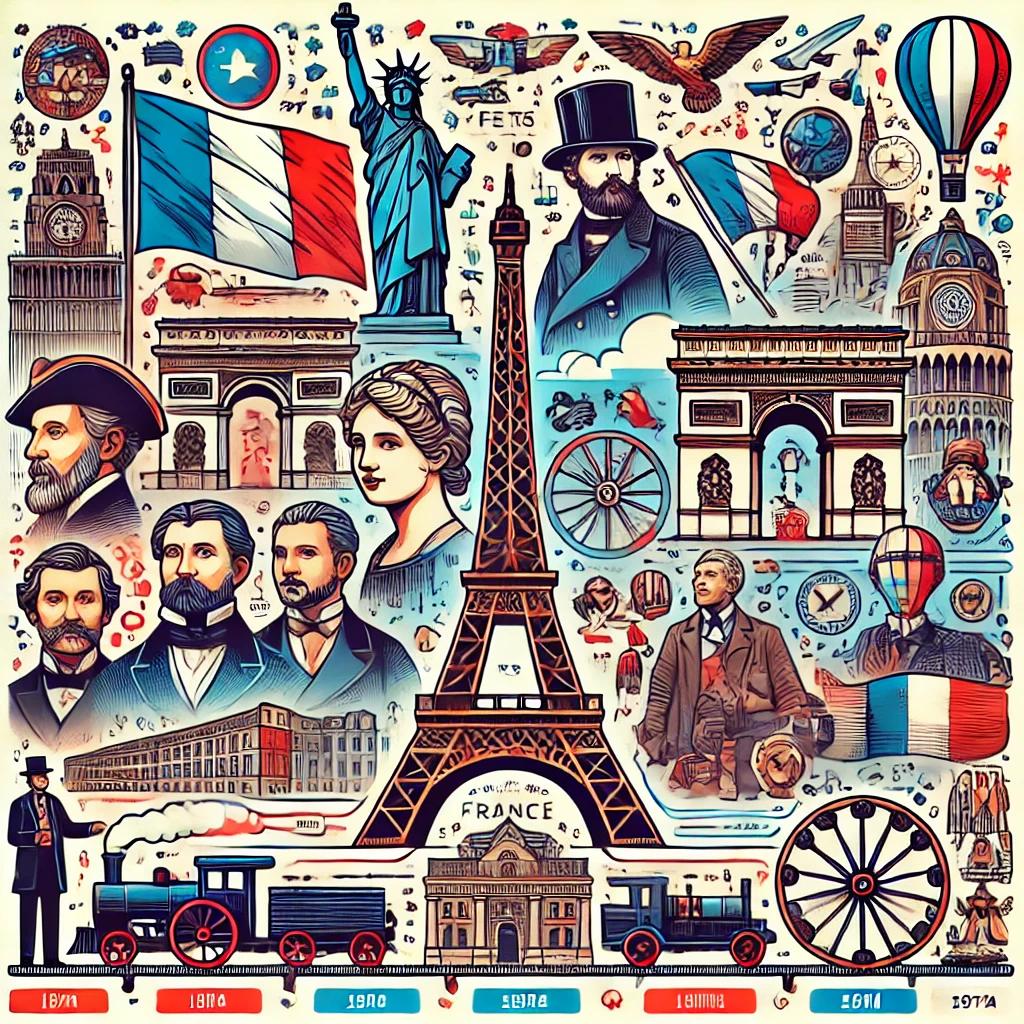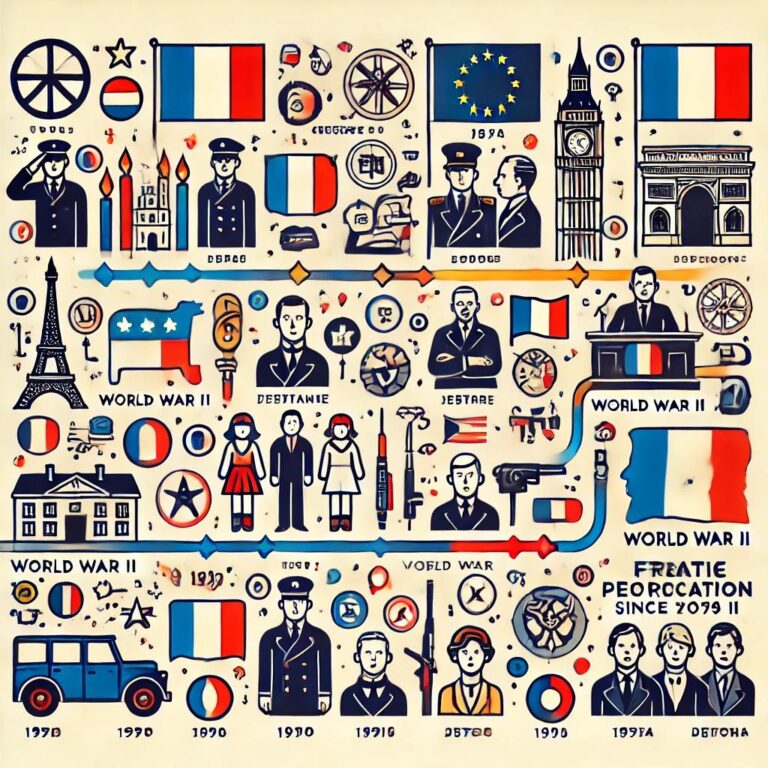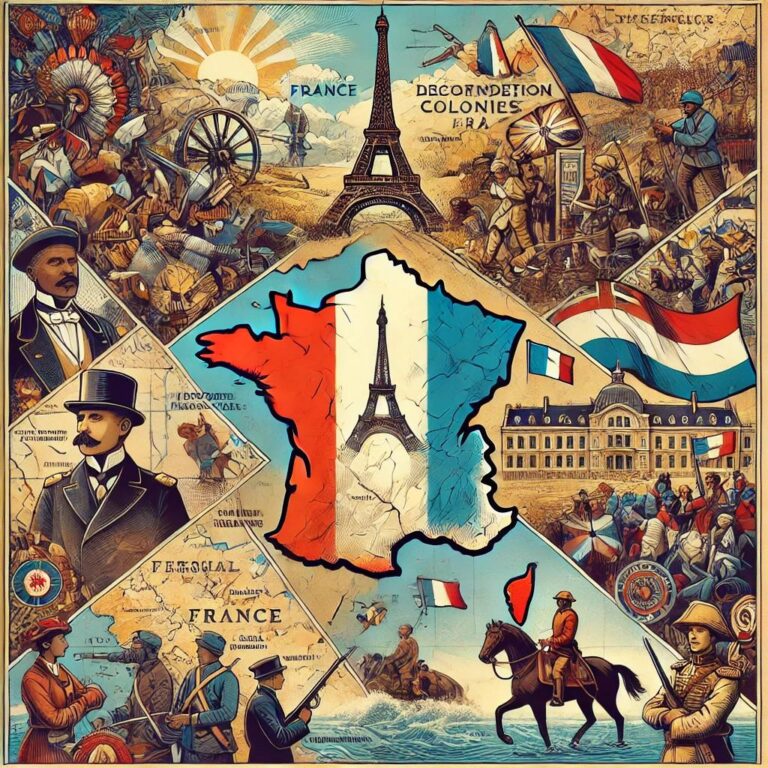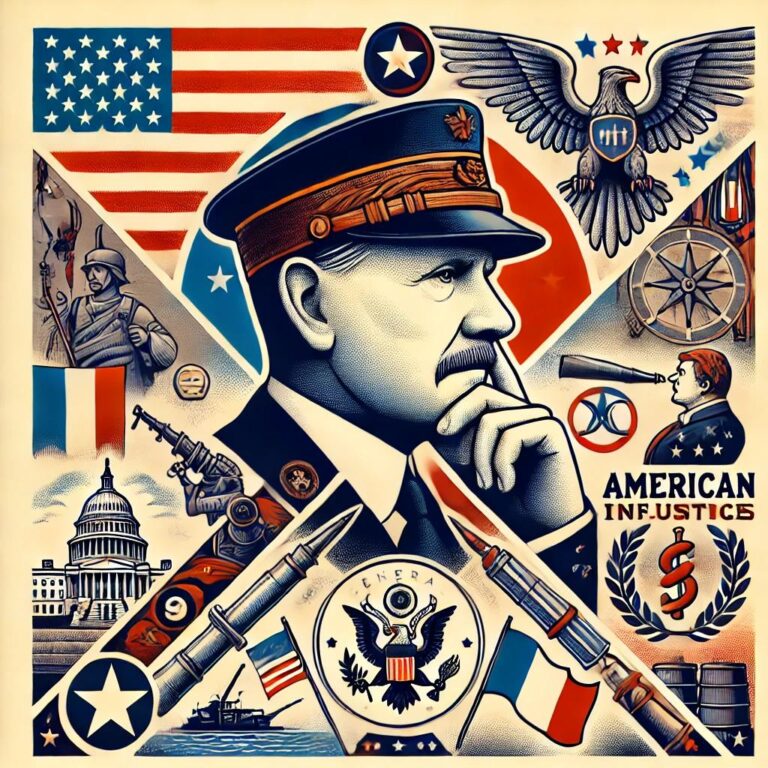
Introduction: The Legacy of France
France’s historical significance is unparalleled, with its enduring legacy etched into the annals of global history. From the medieval period through the Renaissance, the Enlightenment, and the modern era, France has played a pivotal role in shaping the world’s political, cultural, and intellectual landscapes.
The medieval period saw France emerge as a formidable kingdom, with its feudal system and chivalric culture influencing much of Europe. The Renaissance brought a flourishing of arts and sciences, with French thinkers and artists contributing significantly to the cultural rebirth of Europe. The Enlightenment, a period of intellectual awakening, was spearheaded by French philosophers such as Voltaire, Rousseau, and Montesquieu, whose ideas on liberty, equality, and fraternity would ignite revolutionary fervor across the continent and beyond.
France’s revolutionary period, marked by the French Revolution in 1789, fundamentally altered the course of history. The principles of the revolution resonated globally, inspiring movements for independence and democracy across the Americas and Europe. The subsequent Napoleonic era further extended French influence, with the Napoleonic Code laying the groundwork for modern legal systems worldwide.
In the modern era, France has continued to be a beacon of cultural and intellectual prowess. The contributions of French literature, cinema, cuisine, and fashion have left an indelible mark on global culture. Additionally, France’s role in both World Wars and its position as a founding member of the European Union underscore its ongoing influence in international politics and economics.
Understanding France’s historical legacy is crucial, as it provides insight into the development of contemporary global systems and cultural practices. France’s influence, spanning continents and centuries, is a testament to its enduring impact on the world stage.
France in the Middle Ages: A European Powerhouse
During the Middle Ages, France emerged as a significant force within Europe, marked by the transformation from the Carolingian Empire to a powerful monarchy that played a pivotal role in shaping the continent’s political and cultural landscape. The Carolingian Empire, established by Charlemagne in the early 9th century, laid the groundwork for the future French state. Charlemagne’s reign saw the expansion of territories and the promotion of religious and educational reforms, which solidified the empire’s influence and legacy. The Carolingian Renaissance, characterized by a revival of art, culture, and learning, had lasting impacts on European history.
Following the decline of the Carolingian Empire, the Capetian dynasty came to power, marking the beginning of the French monarchy’s consolidation. The Capetian kings, starting with Hugh Capet in 987, gradually strengthened their control over the fragmented territories of France. Through strategic marriages, alliances, and military conquests, the monarchy expanded its domains and centralized authority. This period saw the establishment of a more cohesive and stable political structure, which was crucial for France’s emergence as a dominant European power.
France’s involvement in the Crusades further exemplified its growing influence. French knights and nobles played significant roles in these religious wars, contributing to the spread of French culture and political sway. The Crusades not only extended France’s influence into the Holy Land but also facilitated cultural exchanges and economic ties with other regions. French architectural styles, such as Gothic cathedrals, and intellectual advancements, including the founding of universities, began to permeate throughout Europe, underscoring France’s cultural ascendancy.
By the end of the Middle Ages, France had firmly established itself as a leading power in Europe. The consolidation of the French monarchy and the nation’s active participation in significant historical events like the Crusades were instrumental in extending France’s political and cultural influence beyond its borders. This era set the stage for the subsequent periods where France would continue to shape the course of European history.
The Renaissance and Enlightenment: France as an Intellectual Hub
During the Renaissance and Enlightenment periods, France emerged as a pivotal intellectual hub, significantly shaping European thought, culture, and politics. The Renaissance, which began in Italy in the 14th century, spread to France by the 16th century, bringing with it a revival of art, literature, and scientific inquiry. France became a magnet for artists, scholars, and thinkers, fostering an environment ripe for intellectual ferment. One notable figure was Leonardo da Vinci, who spent his final years in France under the patronage of King Francis I. Da Vinci’s presence in France epitomized the transnational flow of ideas and underscored France’s role as a center of Renaissance innovation.
The Enlightenment further solidified France’s status as a beacon of intellectual progress. This period, spanning the late 17th and 18th centuries, was characterized by an emphasis on reason, scientific inquiry, and individual rights. French philosophers and writers such as Voltaire, Jean-Jacques Rousseau, and Montesquieu were at the forefront of these movements. Voltaire’s critiques of the church and advocacy for freedom of speech, Rousseau’s social contract theory, and Montesquieu’s ideas on the separation of powers profoundly influenced contemporary political philosophy and governance structures.
French Enlightenment thinkers did not limit their influence to Europe. Their writings and ideas crossed oceans, impacting revolutionary movements in the Americas and beyond. The principles of liberty, equality, and fraternity espoused by French intellectuals inspired the American Revolution and subsequently the French Revolution, signaling a shift towards modern democratic ideals. The dissemination of Enlightenment ideas facilitated a global exchange of philosophical and political concepts, underscoring France’s central role in this intellectual renaissance.
In essence, France’s contributions during the Renaissance and Enlightenment periods were instrumental in shaping modern Western thought. The nation’s ability to attract and nurture intellectual talent created a fertile ground for innovation and progress, leaving a lasting legacy on global culture and political systems.
The Age of Exploration: France’s Global Ventures
The Age of Exploration was a pivotal period during which France emerged as a formidable maritime power, engaging in extensive exploration and establishing an array of colonies. French explorers, such as Jacques Cartier and Samuel de Champlain, were instrumental in these global ventures. Cartier’s voyages in the 16th century led to the discovery and exploration of the St. Lawrence River, laying the groundwork for France’s claim to parts of Canada. Champlain, often referred to as the “Father of New France,” furthered this legacy by founding Quebec City in 1608, solidifying French presence in North America.
The establishment of French colonies was not limited to North America. In the Caribbean, France gained significant footholds by colonizing islands such as Guadeloupe and Martinique. These colonies became critical for the production of sugar, rum, and other commodities crucial to global trade. French influence extended to Africa with the establishment of trading posts and settlements in Senegal and Madagascar, facilitating the exchange of goods and contributing to the transatlantic slave trade.
Moreover, French expeditions reached Asia, where they established enclaves in India, most notably Pondicherry, and in Southeast Asia, influencing trade routes and cultural exchanges. The French colonial empire’s impact was profound, fostering a blend of cultural practices and contributing to the diffusion of the French language and customs across continents.
The legacy of France’s Age of Exploration is evident in the lasting cultural and economic impacts. French architecture, language, and legal systems were introduced to various regions, many of which still bear these influences today. Furthermore, the colonies played a crucial role in shaping global trade networks, integrating diverse economies and cultures into a complex web of exchange and interaction.
The French Revolution: A Catalyst for Change
The French Revolution, which began in 1789, stands as a monumental event in world history. It was ignited by a multitude of causes, including widespread social inequality, financial crisis, and the Enlightenment’s revolutionary ideas. Louis XVI’s reign was marked by extravagant spending and poor financial management, leading to a crippling national debt. The situation exacerbated when a series of bad harvests drove up food prices, causing widespread hunger among the lower classes.
The revolution commenced with the convening of the Estates-General and the subsequent formation of the National Assembly, which sought to represent the common people. Key events such as the storming of the Bastille on July 14, 1789, symbolized the uprising against tyranny. The revolutionaries soon abolished the monarchy and established a republic, leading to the execution of Louis XVI in 1793.
Napoleon Bonaparte emerged as a significant figure during the latter stages of the revolution. His rise to power culminated in the establishment of the Napoleonic Code, which reformed legal systems and administrative structures. Despite his eventual fall, Napoleon’s influence reshaped Europe, leaving an enduring legacy on modern legal and governmental institutions.
The French Revolution’s principles of liberty, equality, and fraternity resonated far beyond France’s borders. These revolutionary ideals inspired subsequent movements across Europe and the Americas, including the Haitian Revolution and various 19th-century uprisings. The Declaration of the Rights of Man and of the Citizen, adopted during the revolution, became a foundational document advocating human rights and democratic governance.
In essence, the French Revolution was not merely a national upheaval but a catalyst for global change. Its impact on political thought and societal structures continues to be felt, underscoring France’s significant influence through the ages.
The 19th Century: France as a Cultural and Political Leader
During the 19th century, France emerged as a formidable cultural and political force, significantly shaping modern European politics and contributing richly to the arts, literature, and science. The era began with the Napoleonic Wars, which saw Napoleon Bonaparte’s rise and fall. His military campaigns and administrative reforms left an indelible mark on Europe, leading to the redrawing of national boundaries and the spread of revolutionary ideals. The Napoleonic Code, established in 1804, became a foundation for legal systems worldwide.
The Congress of Vienna (1814-1815) sought to restore pre-Napoleonic order, yet France remained a central player in European diplomacy. The restoration of the Bourbon monarchy and the subsequent rise of the July Monarchy under Louis-Philippe epitomized France’s turbulent political landscape. The mid-century revolutions and the establishment of the Second Empire under Napoleon III further underscored France’s dynamic political scene. Napoleon III’s reign saw significant modernization efforts, including the renovation of Paris, which transformed the city into a symbol of modernity and elegance.
Culturally, the 19th century was a golden age for French arts and literature. Figures like Victor Hugo, whose works such as “Les Misérables” and “The Hunchback of Notre-Dame” became timeless classics, epitomized the Romantic movement. The Impressionist movement, pioneered by artists like Claude Monet, revolutionized the art world with its innovative techniques and perspectives, leaving a lasting legacy on global art. In literature, the century also saw the rise of notable authors such as Gustave Flaubert and Émile Zola, whose works delved into realism and naturalism.
In the realm of science, France continued to make groundbreaking contributions. Louis Pasteur, a pivotal figure in microbiology, developed the principles of vaccination, microbial fermentation, and pasteurization, which have had profound impacts on public health and food safety. These advances underscored France’s role not only as a cultural leader but also as a beacon of scientific progress.
The 20th Century: France in the World Wars and Beyond
The 20th century was a tumultuous yet transformative period for France, marked by its significant roles in World War I and World War II. During World War I, France was one of the principal Allied Powers, enduring immense losses and devastation. The war’s aftermath saw France grappling with reconstruction and recovering its economy while also influencing the Treaty of Versailles, which sought to ensure lasting peace.
World War II further tested France’s resilience. Initially overrun by German forces in 1940, France was divided into the Occupied Zone and the Vichy regime. The French Resistance played a crucial role in undermining the German occupation, culminating in the liberation of France in 1944 by Allied forces. Post-war, France embarked on a journey to rebuild and assert itself on the global stage.
The establishment of the Fourth Republic in 1946 aimed to restore democratic governance. However, political instability and economic struggles led to its collapse, paving the way for the Fifth Republic under Charles de Gaulle in 1958. De Gaulle’s leadership brought stability and strengthened the executive branch, allowing France to navigate the complexities of the Cold War era effectively.
During the Cold War, France carved out a unique position as a ‘Third Voice,’ advocating for a European identity independent of American and Soviet influences. This approach was evident in France’s development of its nuclear arsenal and its withdrawal from NATO’s integrated military command in 1966, underlining its pursuit of strategic autonomy.
France also played a pivotal role in the formation and development of international organizations. As a founding member of the United Nations, France has been influential in global diplomacy and peacekeeping efforts. Furthermore, its participation in NATO, despite periods of tension, has underscored its commitment to collective security.
In summary, the 20th century saw France navigating immense challenges and emerging as a resilient and influential nation. Its contributions to global conflicts, political restructuring, and international diplomacy have left a lasting impact on the world stage.
France Today: A Global Cultural and Political Influencer
In contemporary times, France continues to wield significant influence on the global stage, both culturally and politically. As a pivotal member of the European Union, France plays a crucial role in shaping the policies and future direction of the bloc. From leading efforts in economic reforms to advocating for environmental sustainability, France’s voice is prominent in European Union deliberations.
Internationally, France stands out as a key player in global diplomacy. It is a permanent member of the United Nations Security Council, which grants it substantial sway in international peace and security matters. French diplomacy is known for its emphasis on multilateralism and international cooperation, often advocating for human rights, conflict resolution, and global health initiatives. This approach has enabled France to maintain strong diplomatic relations with numerous countries around the world.
Economically, France is one of the world’s largest economies, contributing significantly to global economic policies. It is a member of the Group of Seven (G7) and the Group of Twenty (G20), where it collaborates with other major economies to address global economic challenges. France’s economic policies often prioritize innovation, sustainability, and competitiveness, striving to balance growth with social equity.
Culturally, France’s impact is unparalleled. Paris, the capital city, is often referred to as the fashion capital of the world, home to renowned fashion houses such as Chanel, Dior, and Louis Vuitton. French cuisine, celebrated for its quality and diversity, has been awarded UNESCO’s intangible cultural heritage status, influencing culinary traditions worldwide. Additionally, French cinema and literature continue to captivate global audiences, with contemporary filmmakers and authors building on the rich legacy of icons like François Truffaut and Marcel Proust.
France’s cultural contributions extend beyond the arts. The country’s commitment to preserving its heritage while embracing modernity provides a model for cultural sustainability. This balance ensures that France remains a vibrant and dynamic force in global culture.
Reflecting on France’s enduring legacy, it is evident that the nation’s historical depth and forward-looking policies position it as a lasting global influencer. As France navigates future challenges and opportunities, its role on the world stage is poised to remain significant, continuing to shape international norms, values, and practices.





